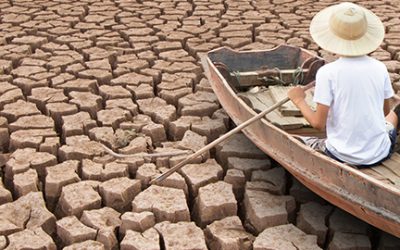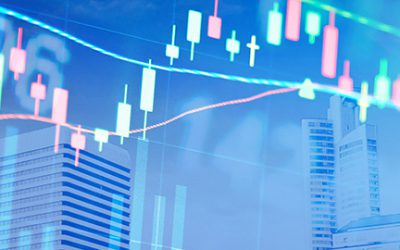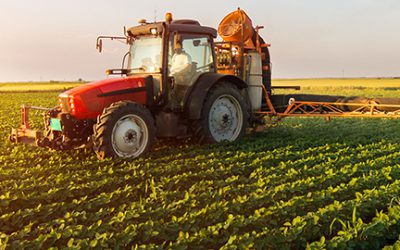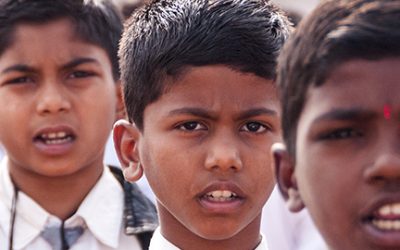
Global
In search of viable pathways for sustainable development
The World in 2050 (TWI2050) is a global multi-year, multi-partner research initiative launched by IIASA with international partners that involves almost all research programs at the institute. The main focus of the initiative is on deriving viable pathways for...
Identifying development and climate vulnerability hotspots
Understanding the interplay between multiple climate change risks and socioeconomic development is increasingly required to inform policies to manage these risks in pursuit of the sustainable development agenda. To this end, IIASA researchers working on the Integrated...
Improving the resilience of systems
Systemic risk describes the likelihood of cascading failures in networks. Such risks arise in a broad range of different systems, such as power grids, ecosystems, supply chains, financial networks, disease dynamics, and transportation networks. The Systemic Risk and...
Improving projections of future land use and environmental impacts
Earth’s ecosystems are being pushed beyond safe limits in terms of freshwater use, biodiversity, and biogeochemical flows. According to researchers at the IIASA Ecosystem Services and Management Program (ESM), existing modeling tools need to be revisited to ensure...
Meeting ambitious climate mitigation targets
Research shows that reducing the emissions of short-lived climate pollutants (SLCPs) will play an important role in meeting the 2°C target of the Paris Agreement. Although these emissions will be partially reduced as a consequence of carbon dioxide (CO2) mitigation,...
Climate research needs a greater focus on human populations
The way in which climate change will affect future populations will depend largely on people’s capacity to adapt to changing conditions. According to IIASA researchers, such characteristics can be forecast in the long term using well-established demographic methods....






